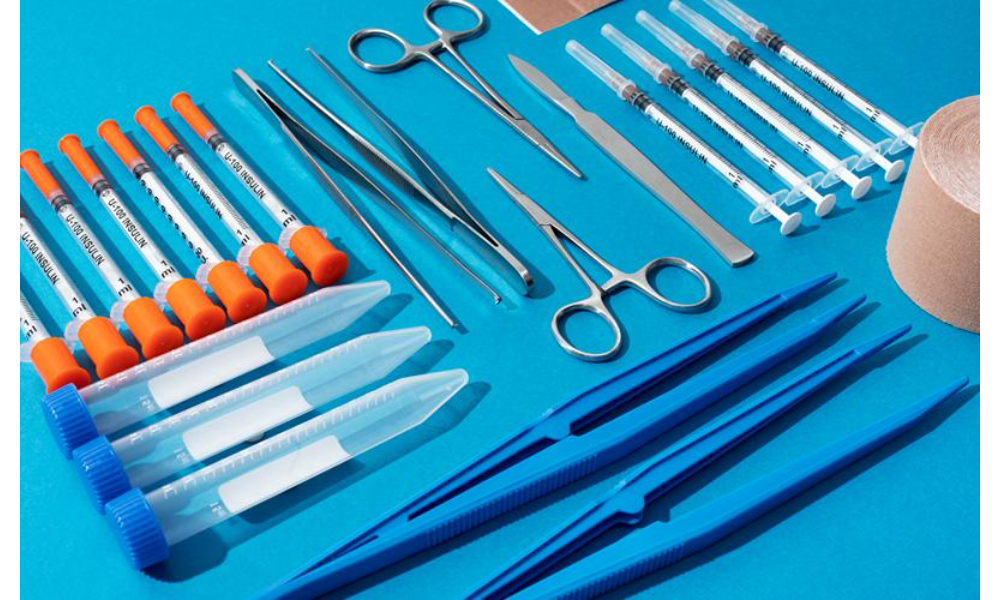If you’ve ever searched for “plating companies near me”, chances are you’ve stumbled into a world far more important than jewellery or décor. Plating is everywhere, coating, protecting, and enhancing the tools and technologies we rely on. And when it comes to healthcare, medical plating is one of the unsung heroes keeping devices safe, effective, and long-lasting. From surgical instruments to implantable devices, plating ensures performance under extreme conditions. This article takes a closer look at medical plating to show why it’s worth the investment.
Where Medical Plating Is Used
Medical plating supports a wide range of applications in healthcare. Surgical tools such as scalpels, forceps, and drills are often plated to resist corrosion from constant sterilisation. Dental equipment benefits too, as plating enhances durability against repeated use.
In implantable devices, plating is critical. Pacemaker leads, orthopaedic implants, and stents all rely on biocompatible coatings to ensure the body accepts them safely. Even diagnostic machines incorporate plated connectors and components to guarantee reliable performance.
Plating companies near you often highlight how these applications require precise surface finishes. The choice of metals, such as gold, silver, nickel, or alloys, depends on whether conductivity, biocompatibility, or durability is most important. The breadth of this list shows why medical plating is integral to modern-day healthcare.
Why Medical Plating Matters
What makes medical plating a game-changer is its ability to combine safety with performance. Biocompatibility is at the top of the list. Plated surfaces reduce the risk of adverse reactions when devices are placed inside the human body. Gold plating, for instance, offers excellent corrosion resistance and is highly compatible with tissues.
Another game-changing feature is reliability. Imagine the stakes of a pacemaker lead failing or a surgical tool corroding mid-operation. Medical plating ensures consistent performance in high-pressure environments. In addition, conductivity provided by precious metals like silver or gold supports the effective transmission of electrical signals in devices such as pacemakers and defibrillators.
For plating companies in Singapore and beyond, these benefits explain why healthcare remains one of the most demanding yet rewarding industries for plating. The technology polishes surfaces and directly impacts patient safety and treatment success.
How Medical Plating Works
The process of medical plating may sound complex, but at its heart, it follows a series of controlled steps. First comes surface preparation. Tools and devices are thoroughly cleaned and polished to remove impurities that could interfere with adhesion.
Next is the actual plating stage, where the component is immersed in a solution containing metal ions. With the help of an electrical current, these ions bond to the surface, forming a thin yet durable coating.
Different plating techniques are chosen depending on the application. Electroplating is common for precise, uniform coatings. Electroless plating, which doesn’t require electricity, is used for parts with complex geometries. Finally, post-treatment steps like polishing, passivation, or testing ensure the coating meets strict medical standards.
This comprehensive process is why professionals rarely attempt it outside industrial environments. Skilled plating companies near you operate in controlled facilities, ensuring every tool and device is finished with precision. For medical plating, consistency is essential.
Why the Investment Pays Off
On the surface, medical plating may seem like an additional expense. High-quality materials like gold or silver are not cheap, and the processes require careful oversight. But when considering cost versus value, the benefits far outweigh the investment.
Firstly, plated medical tools last longer, withstanding repeated sterilisation and intensive use. This reduces the frequency of replacements, saving hospitals money in the long run.
Secondly, plating prevents device failure, which could otherwise result in costly medical complications or worse, risks to patient safety.
In implantable devices, the value becomes priceless. A single failure could mean surgery, litigation, or loss of trust in a product line. Medical plating ensures reliability, reducing these risks significantly. In this way, plating companies near you position their services as safeguards that deliver both economic and human value.
Conclusion
Medical plating is one of those behind-the-scenes technologies we rarely think about but couldn’t live without. It ensures reliability to the value it creates despite higher costs; plating proves its worth every step of the way. For those researching “plating companies near me”, the message is clear: medical plating is a foundation for safety, trust, and progress in healthcare.
Looking for reliable plating companies near you? Explore medical plating at Epson Plating and see how it can extend durability, improve safety, and support innovation in healthcare devices.




